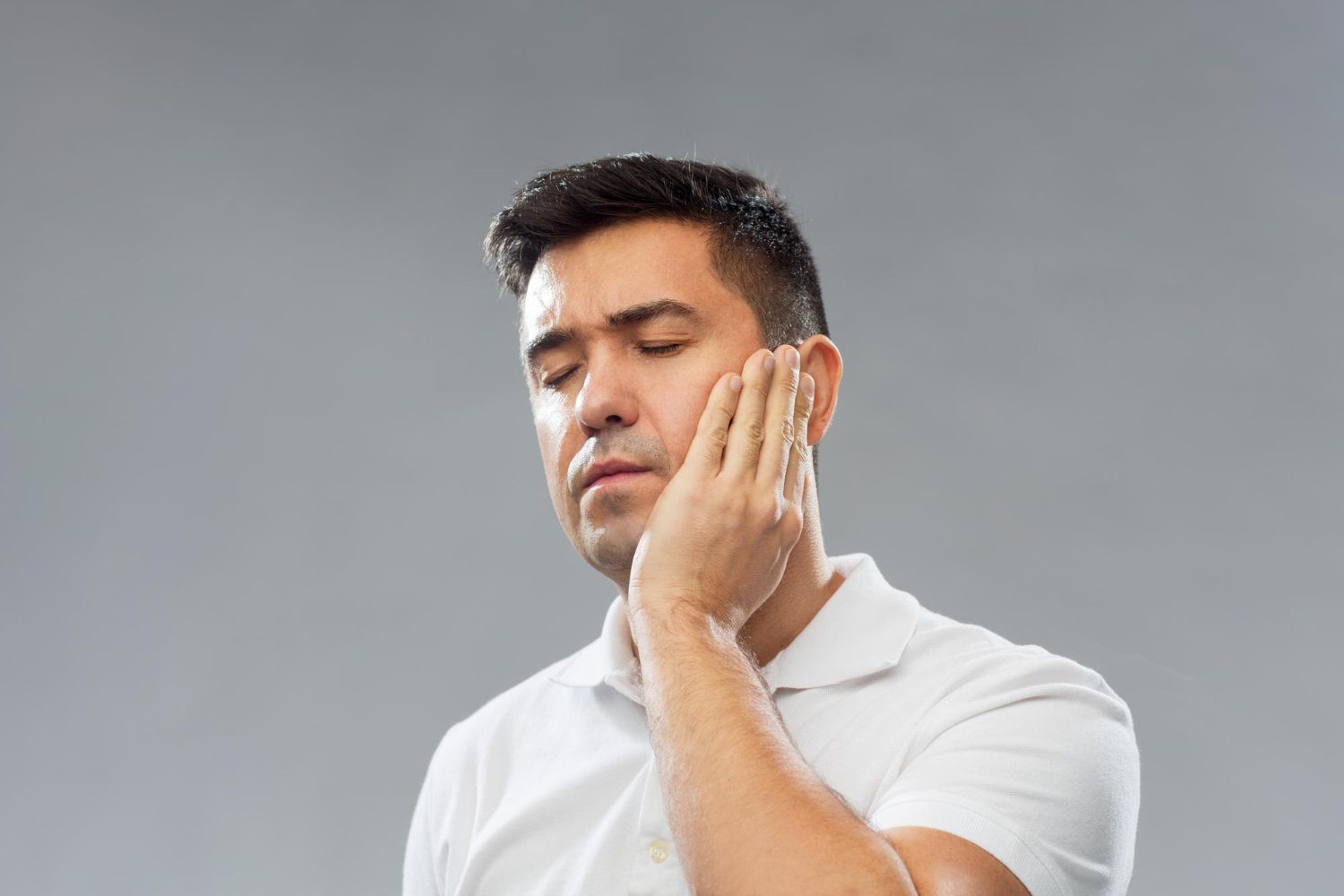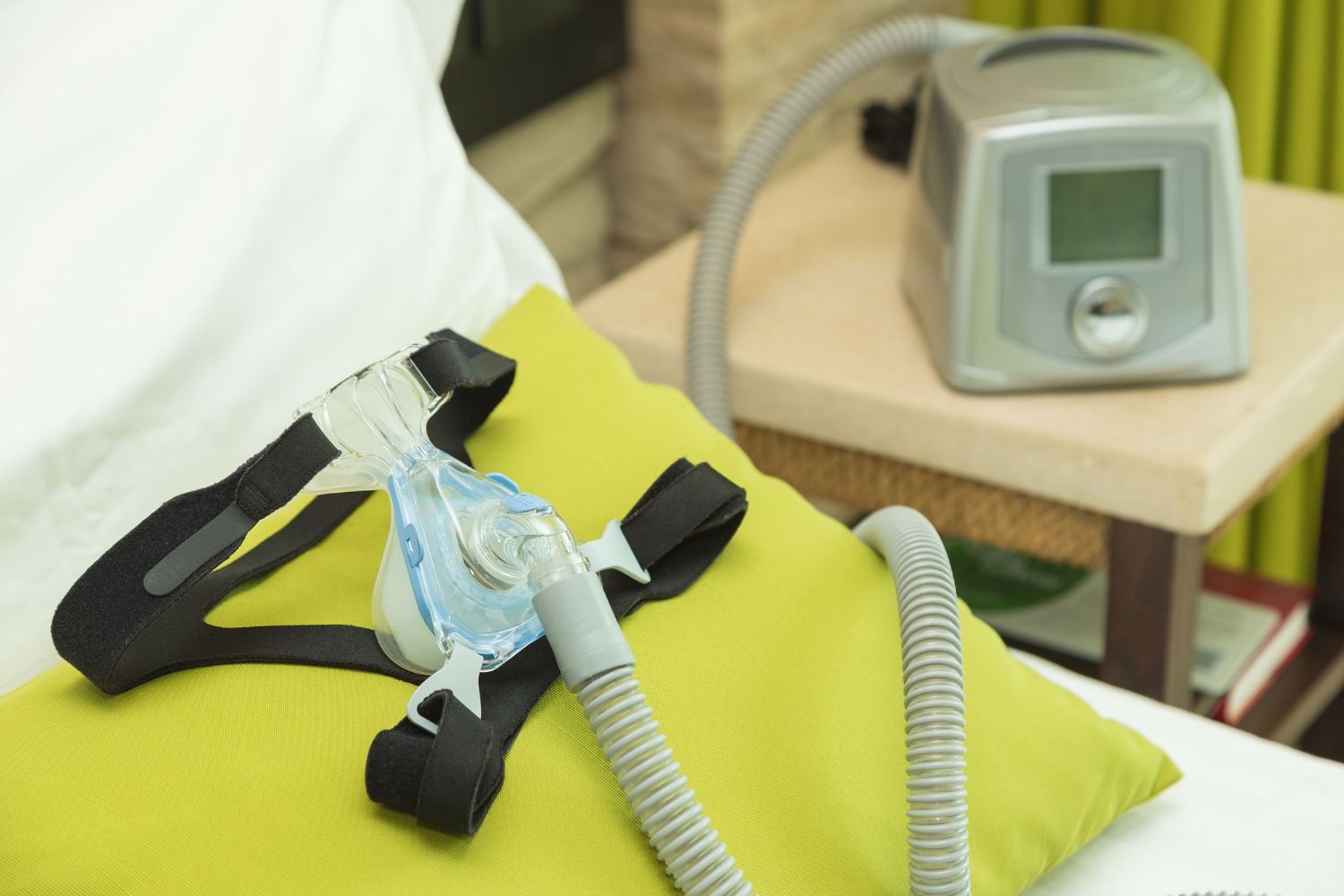Techniques to Manage Stress and Improve Sleep Quality for Sleep Apnea and TMJ Patients

Stress is a well-known contributor to poor sleep, and for those already grappling with sleep apnea or TMJ disorders, the impact of stress can be particularly detrimental. A heightened stress response can lead to exacerbated symptoms, compounding the challenges faced by those living with these conditions. As a result, it's crucial for healthcare providers and patients to address stress management as an integral component of treatment plans.
In this blog article, we will delve into the connection between stress and sleep quality, examining the impact of chronic stress on sleep apnea and TMJ symptoms. Furthermore, we will offer valuable stress management techniques and relaxation practices that can make a meaningful difference in the lives of those struggling with sleep apnea and TMJ disorders. By incorporating these strategies into their daily routines, patients can work toward reducing stress, improving sleep quality, and taking control of their overall well-being.
At The Center for Sleep Apnea and TMJ, we are steadfast in our dedication to empowering patients with the knowledge and tools they need to overcome the challenges of sleep apnea, snoring, TMJ disorders, and head and facial pain. By tackling stress management head-on, we aim to help individuals experience the restorative sleep and pain-free days they deserve.
The Connection Between Stress and Sleep Apnea and TMJ Disorders
Stress is an unavoidable part of life, but chronic stress can wreak havoc on our health and well-being. When it comes to sleep apnea and TMJ disorders, stress can intensify symptoms and further disrupt sleep quality. Here are some ways that stress adversely affects those with sleep apnea and TMJ disorders:
1. Heightened muscle tension: Chronic stress can cause muscles to tense up, leading to tightness, pain, and dysfunction in the temporomandibular joint (TMJ). Those with TMJ disorders may experience increased pain and difficulty moving their jaw, while sleep apnea patients may experience exacerbated snoring and more frequent episodes of apnea.
2. Sleep disturbance: High stress levels can interfere with the body's ability to fall asleep and stay asleep. For those already dealing with sleep apnea, this can result in even poorer sleep quality.
3. Increased inflammation: Chronic stress has been linked to increased inflammation in the body, which can exacerbate sleep apnea and TMJ disorders by worsening symptoms and prolonging recovery time.
Effective Stress Management Techniques for Improved Sleep
Incorporating stress-reducing habits into daily routines can be an essential part of treatment for those managing sleep apnea or TMJ disorders. These stress management techniques can help encourage better sleep, lessen pain, and enhance overall well-being:
1. Deep breathing exercises: Deep, diaphragmatic breathing can help regulate the body's stress response and calm racing thoughts. Implementing deep breathing exercises throughout the day or right before bedtime can help to reduce stress levels and improve relaxation.
2. Progressive muscle relaxation (PMR): PMR is a method of systematically tensing and relaxing various muscle groups, helping to release tension and facilitate relaxation. By practicing PMR, patients with sleep apnea or TMJ disorders can gradually improve their ability to relax their muscles, leading to better sleep and reduced pain.
3. Mindfulness meditation: Mindfulness meditation focuses on being present in the moment, acknowledging thoughts and feelings without judgment. Regular practice of mindfulness meditation may help reduce stress levels, promote relaxation, and improve sleep quality.
4. Journaling: Writing down thoughts and feelings can be an effective way to process stressors and gain new perspectives. Expressive journaling before bedtime may help to release negative thoughts and emotions, promoting better sleep throughout the night.
Lifestyle Modifications to Support Stress Reduction and Sleep Quality
In addition to stress management techniques, making lifestyle adjustments can further enhance sleep quality and overall health. Some useful tips include:
1. Establishing a consistent sleep schedule: Going to bed and waking up at the same time every day can help regulate the body's internal clock, making it easier to fall asleep and wake up feeling refreshed.
2. Creating a conducive sleep environment: A quiet, dark, and comfortable bedroom can help to signal the brain that it's time to sleep. Additionally, minimizing exposure to electronic devices before bedtime can reduce the negative impact of blue light on sleep.
3. Incorporating physical activity: Engaging in regular exercise can help release endorphins, reduce stress, and improve sleep quality. However, it's important to avoid vigorous exercise too close to bedtime, as it may have the opposite effect.
4. Building a support network: Connecting with friends, family, and support groups can provide emotional and practical help in managing stress, sleep apnea, and TMJ disorders.
The Importance of Professional Guidance and Treatment
While stress management techniques and lifestyle modifications can significantly help improve sleep quality and reduce symptoms, they should be used with professional medical guidance and treatment. Consult with a healthcare provider or specialist at The Center for Sleep Apnea and TMJ, to discuss appropriate treatment options, such as continuous positive airway pressure (CPAP) therapy, oral appliance therapy, or other interventions to address your needs.
Final Thoughts
Chronic stress is a significant factor in managing sleep apnea and TMJ disorders. By implementing stress-reducing techniques, making necessary lifestyle modifications, and seeking professional guidance, patients can work towards improved sleep quality, reduced pain, and a better overall quality of life.
At The Center for Sleep Apnea and TMJ, our dedicated sleep apnea and TMJ specialists in Meridian support your journey towards restorative sleep and improved well-being. By addressing stress management as part of a comprehensive treatment plan, our patients can experience a significant improvement in their symptoms and embrace a healthier, more balanced lifestyle.










